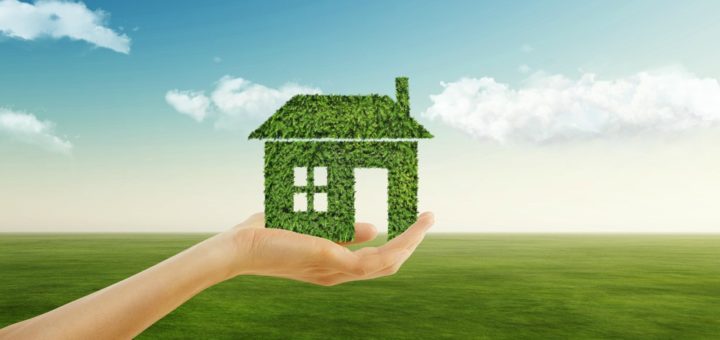Several years after the signing of the Paris Agreement, oil and gas production continues at a fast pace despite a near global recognition of the ongoing energy transition away from fossil fuels (IEA, 2021a, 2021b). The increasing demand for oil and gas caused by the post-pandemic lockdown economic recovery threatens the momentum gained by the energy transition.
Energy efficiency
A fair and equitable low carbon future depends on a just transition which, in turn, requires leadership. Where the Arctic is concerned, this leadership is currently lacking. To gauge which states are most likely to provide leadership in the global energy transition, a quantitative rank-percentile assessment of 21 Arctic Council members and Observer states was conducted, using measures relevant to the just transition.
An assessment of national, regional, and local needs for the implementation and improvement of energy efficiency policies in the EU was conducted regarding policymakers’ needs were identified and analysed to help Member States to implement useful and successful sustainable energy policies. A SWOT analysis was conducted for experiences in the development and implementation of energy efficiency policies at regional and local levels.
Models are tools which help to assess the positive and negative impacts of a low-emission pathway for the country. Interview questions formed the basis for a series of model runs to obtain a better understanding of the implications of the energy efficiency pathway in Poland. The goal of the model run was to shed light on the macroeconomic impacts of investment in energy efficiency in Poland in the built environment.


